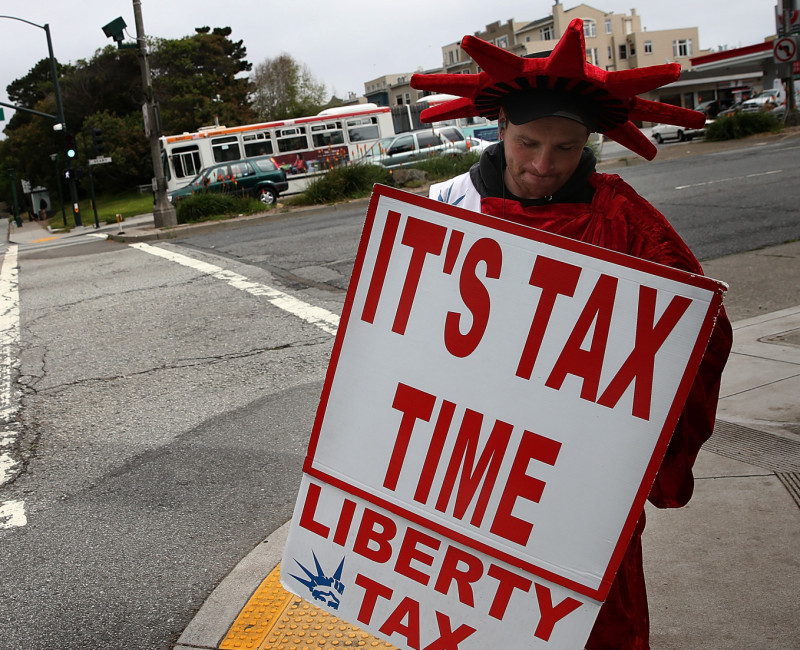It has become an annual ritual in Sacramento: watching the daily tally from millions of taxpayers handing over their cash, a tally that largely sets the course for many of the year's political and policy debates in California.
And as those tax dollars start to trickle in to the California Franchise Tax Board, the general consensus is that the state is headed for another year of better-than-expected revenues. After years of deep fiscal holes, the state treasury will likely soon be home to a mound of moolah that's a few billion dollars higher than expected in projections made by Gov. Jerry Brown.
"April may give us an indication of how many billions we are talking about," said Jason Sisney of the independent Legislative Analyst's Office (LAO) and one of California's leading fiscal experts.
So far this year, projections from both the LAO and the governor's budget team show a windfall of at least $2 billion in the fiscal year that ends on June 30. While unexpected, it was hardly a surprise; California's economy has gradually been revving back up from its recession depths, and Brown has made conservative fiscal forecasting one of his trademarks since returning as governor in 2011. In other words, Californians are earning more and paying more in taxes ... but the governor has kept expectations so modest that the windfalls have almost become predictable.
Still, it's good news. Through the end of February, cash revenues collected by state agencies totaled $633 million more than forecast. Early March data, said LAO's Sisney, show cash totals ahead of projections by "hundreds of millions."
